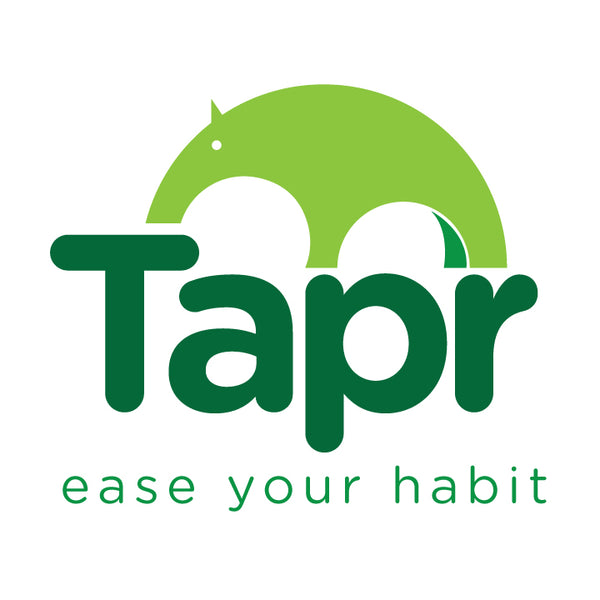In the journey towards recovery from marijuana use, finding the right support system is crucial. While various treatment options exist, Intensive Outpatient Programs (IOP) have emerged as a particularly effective method for those seeking to reduce or quit marijuana use. IOPs offer a unique blend of structure, flexibility, and support, catering to individuals who need comprehensive care without the full-time commitment of inpatient treatment. This post explores how IOPs work and why they might be the key to unlocking a successful recovery journey.
Understanding Intensive Outpatient Programs
IOPs are treatment programs designed to offer detailed and structured support for individuals dealing with substance use disorders, including marijuana dependency. Unlike traditional inpatient programs that require patients to reside within the treatment facility, IOPs allow individuals to participate in rigorous therapy sessions during the day or evening while continuing to live at home. This setup is especially beneficial for those who have work, school, or family commitments but still require a high level of support.
Key Components of IOP for Marijuana Recovery
-
Group Therapy: Central to most IOPs, group therapy sessions provide a platform for sharing experiences, challenges, and victories in a supportive environment. These sessions help participants realize they're not alone in their struggles, fostering a sense of community and mutual support.
-
Individual Counseling: IOPs also include one-on-one counseling sessions, offering personalized guidance and support. Counselors can help individuals understand the root causes of their marijuana use, develop coping strategies, and set realistic goals for recovery.
-
Education and Skills Training: Beyond therapy, IOPs often incorporate educational workshops that teach about the effects of marijuana on the mind and body, the process of addiction and recovery, and practical skills for managing cravings, stress, and triggers.
-
Holistic Approaches: Many IOPs integrate holistic and alternative therapies, such as mindfulness, yoga, or art therapy, into their programs. These practices can enhance well-being, reduce anxiety, and provide new, healthy outlets for expression and stress relief.
The Benefits of IOP for Marijuana Recovery
- Flexibility: IOPs provide a structured treatment regimen while allowing participants to maintain their daily routines, a balance that can significantly enhance the recovery experience.
- Comprehensive Support: Combining group therapy, individual counseling, and educational resources, IOPs address both the psychological and physical aspects of recovery.
- Accessibility: For those who cannot afford the time or cost of inpatient treatment, IOPs offer an accessible alternative without compromising on the quality of care.
- Community: The group aspect of IOPs creates a supportive community of individuals who understand each other’s experiences, reducing feelings of isolation and promoting shared healing.
Choosing the Right IOP
Selecting the right IOP involves considering factors such as the program’s focus, the qualifications of the staff, the types of therapy and support offered, and the overall philosophy of the program. It’s essential to choose an IOP that aligns with your individual needs, preferences, and recovery goals.
Conclusion
For many individuals struggling with marijuana use, Intensive Outpatient Programs represent a viable path to recovery that balances the need for intensive treatment with the desire for normalcy and autonomy in daily life. By providing a supportive, comprehensive, and flexible approach to recovery, IOPs can empower individuals to overcome dependency and reclaim control over their lives.
Remember, the journey to recovery is personal and unique to each individual. Exploring options like IOP can be a critical step in finding the support system that works best for you, ensuring a more successful and sustainable path to recovery.

